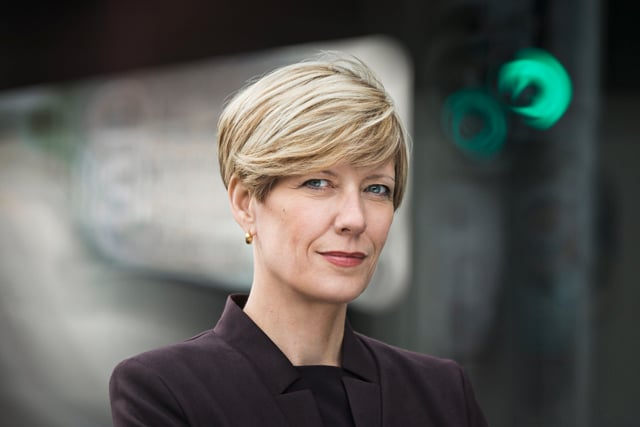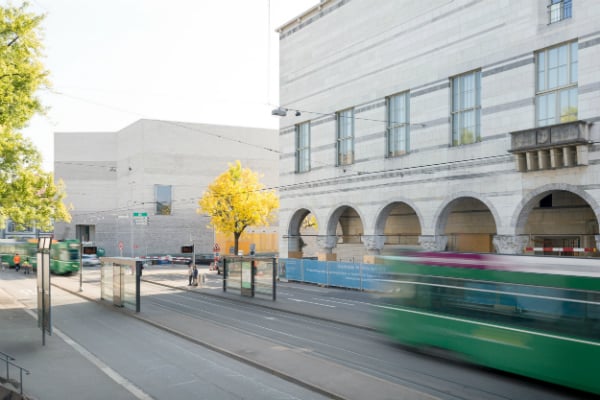People
Former Art Basel Co-Director Annette Schönholzer to Join Kunstmuseum Basel
She takes up the position of administrative director in January.

She takes up the position of administrative director in January.

Henri Neuendorf

Annette Schönholzer has been appointed administrative director of the Kunstmuseum Basel. She will take up her role in January 2017.
According to Josef Helfenstein, head of Kunstmuseum Basel, Schönholzer’s wealth of experience in cultural management, her strategic know-how, and extensive network of regional and international contacts were all decisive factors behind the New York-born Swiss national’s appointment.
Between 2002 and 2014 Schönholzer worked for Art Basel in a variety of different roles including co-director of Art Basel and Art Basel Miami Beach, working closely alongside global director Marc Spiegler, before establishing an independent art and culture consultancy two years ago.
“For me, assuming the operational and administrative management of Kunstmuseum Basel together with Josef Helfenstein is an honor and a challenge I accept gladly and with great enthusiasm,” Schönholzer said in a statement. “I am very much looking forward to the task, and indeed to working with the entire team. Together we will strengthen the great renown of the institution still further and successfully move the Museum and its three sites forward in the future.”

The newly-renovated Kunstmuseum Basel (right) with the adjacent new building (left). Photo: Julian Salinas, courtesy Kunstmuseum Basel
Helfenstein added “I am delighted that we were able to recruit Annette Schönholzer for this important position at Kunstmuseum […] I am sure that in Ms. Schönholzer we will in future have an accomplished manager with enormous business and communicative expertise in our team.”
Schönholzer succeeds the previous long-running administrative director Stefan Charles, who announced in October that he will be going into journalism and will join the Swiss Radio and Television channel SRF as head of culture.
The experienced cultural manager will bring a fresh perspective to the storied Swiss institution as it moves towards a challenging future for institutions who have to cope with lower budgets, and greater international competition in an increasingly saturated cultural landscape.